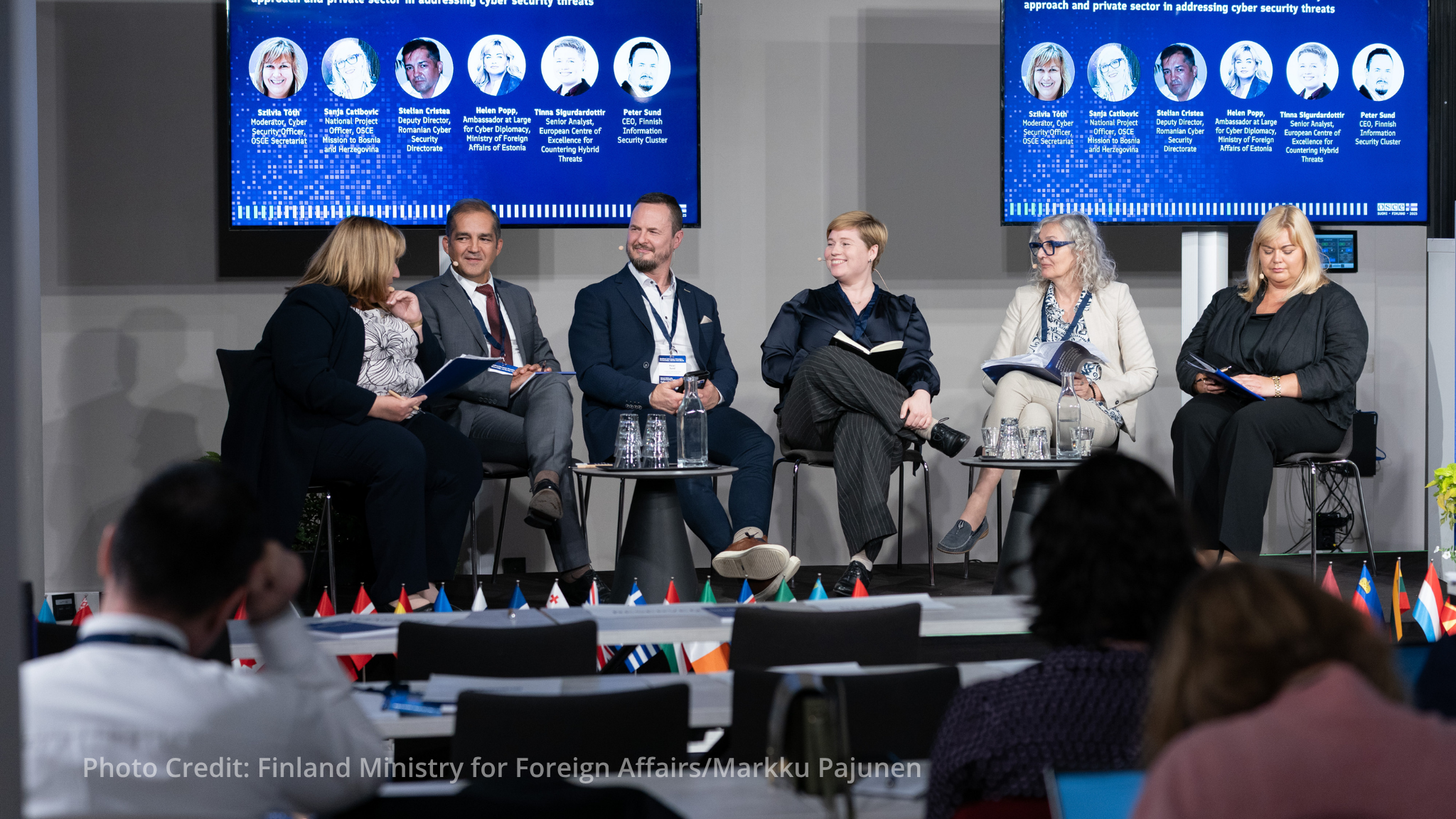The Organization for Security and Co-operation in Europe (OSCE) held its annual cybersecurity conference in Helsinki from September 30 to October 2, bringing together government officials, civil society groups, academics, and private companies to discuss cyber threats, according to organization’s press release. The three-day event, called “Resilient Cyberspace: Principles, Partnerships, and the Path Ahead,” focused on ways countries can work together to make the internet safer.
High-level officials from OSCE member states and partner countries attended alongside representatives from international organizations. The conference looked at how artificial intelligence and other new technologies create both risks and opportunities for global security. Finland’s State Secretary Jukka Salovaara said cybersecurity is “a central pillar of national and international security.”
Cyber attacks have become a major concern for governments worldwide as hackers target everything from power grids to hospitals and election systems. The OSCE has been working to establish rules for how countries should behave in cyberspace, but enforcement remains difficult. Many attacks come from criminal groups or state-sponsored hackers who can easily cross borders online. The rise of AI makes these threats more complex, as the technology can be used both to launch more effective attacks and to defend against them. Countries need to balance security concerns with protecting free speech and privacy rights online.
The Helsinki conference stressed the importance of following agreed rules for responsible behavior in cyberspace and building stronger partnerships between governments and private companies. Discussions covered how to respond to challenges from AI and other emerging technologies while also looking at their potential benefits for peace and security. Participants talked about what policies and actions are needed to harness these technologies for good. State Secretary Salovaara said “a secure digital environment is one that protects people, enables trust, and strengthens democratic institutions.” He added that Finland strongly supports OSCE work on responsible state behavior online.
The conference shows how international cooperation on cybersecurity continues to evolve as threats become more complex. With AI advancing rapidly, countries face new challenges in protecting their digital infrastructure while maintaining open internet access. The mix of government officials, researchers, and private sector representatives reflects the reality that cybersecurity requires collaboration across different sectors. These annual OSCE meetings help build consensus on cyber norms and encourage information sharing about threats and best practices for defense.

